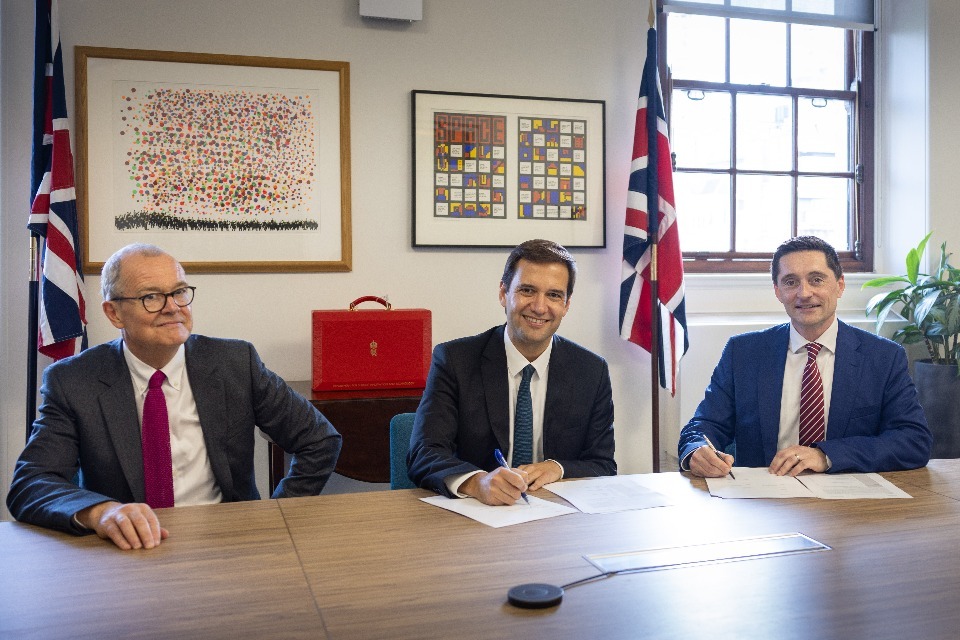Health Authorities Warn Pregnant Women Against Using Weight-Loss Jabs
Drug safety experts in the UK, including the Medicines and Healthcare products Regulatory Agency (MHRA), are strongly advising women using popular weight-loss and diabetes medications known as GLP-1 receptor agonists (GLP-1 RAs) to cease their use if they are trying to conceive, are already pregnant, or are breastfeeding. This advice applies to drugs such as Wegovy, Mounjaro, Ozempic, Saxenda, and Victoza. The primary concern is the unknown potential for these medicines to harm an unborn baby, as there is insufficient safety data in humans, although animal studies have indicated potential risks.
As a precautionary measure, the MHRA mandates that women should use effective contraception while taking GLP-1 medicines and for a specified period after stopping before attempting pregnancy. This period is two months for those using Wegovy or Ozempic, and one month for Mounjaro. Furthermore, for women taking Mounjaro who also use an oral contraceptive, the MHRA advises using an additional barrier method, such as a condom, for four weeks after starting the drug and after any dose increase, or switching to an alternative contraceptive method like an IUD or implant. This is because weight-loss jabs like Mounjaro may reduce the effectiveness of the contraceptive pill in individuals who are overweight or obese.
This guidance comes amid growing concerns about the increasing popularity of these "skinny jabs," many of which are being purchased from unregulated sellers on social media or from beauty salons without medical consultation, rather than through proper prescription channels for licensed uses like treating obesity or type 2 diabetes (in the case of Ozempic). The MHRA is worried that these medicines are not being used safely. Dr Alison Cave, MHRA Chief Safety Officer, emphasized that these drugs "are medicines, and should not be used as aesthetic or cosmetic treatments. They are not a quick fix to lose weight and have not been assessed to be safe when used in this way."
The MHRA has acted partly in response to reports made to its Yellow Card scheme, where the public can report suspected side-effects. The agency has received 40 reports relating to pregnancy among women taking these jabs. Among these, data showed 26 pregnancy-related reports for women taking Mounjaro, with one specifying the pregnancy was unintentional. There were eight reports for Ozempic and Wegovy, and a further nine for Victoza or Saxenda, with one woman in this group also stating her pregnancy was accidental. This situation has even led to anecdotal online reports of "Ozempic babies" or "Mounjaro babies," referring to surprise pregnancies experienced by women using these medications.
One such case is that of Natasha Major, 26, who started Mounjaro for weight loss before planning a third baby in a few years. She was shocked to discover she was pregnant six weeks later, despite being on the contraceptive pill and having polycystic ovaries, which usually makes conception difficult for her. "I have polycystic ovaries as well, so I can't get pregnant easily or quickly. So it was an even bigger shock that I had," she stated. Concerned about potential harm to the baby, she contacted her GP and immediately stopped the medication. Natasha, who bought Mounjaro online, mentioned she "can't remember reading anything about contraception on there." An early scan showed the baby had a heartbeat and appeared healthy.
Dr. Alison Cave further explained that while animal studies suggest these medicines "may harm the unborn baby," more data is needed to determine effects in humans. Typically, women of child-bearing age are not included in clinical trials, leading to a lack of safety information for this demographic. "If you are taking this medicine and you are pregnant, you should talk to your doctor about stopping the medicine as soon as possible," Dr. Cave advised. Patients are urged to read the patient information leaflet provided with the medicines or discuss concerns with a healthcare professional. Sukhi Basra, vice-chairwoman of the National Pharmacy Association, also suggested that women confused about when to stop using the drugs should consult their pharmacist.
The issue of contraception is further complicated by access challenges. The British Pregnancy Advisory Service (BPAS) highlighted that women in the UK "face significant challenges" when trying to access their chosen method of contraception, citing barriers such as a lack of appointments, long waiting lists, and high costs, and called for better provision of contraceptive choices.











